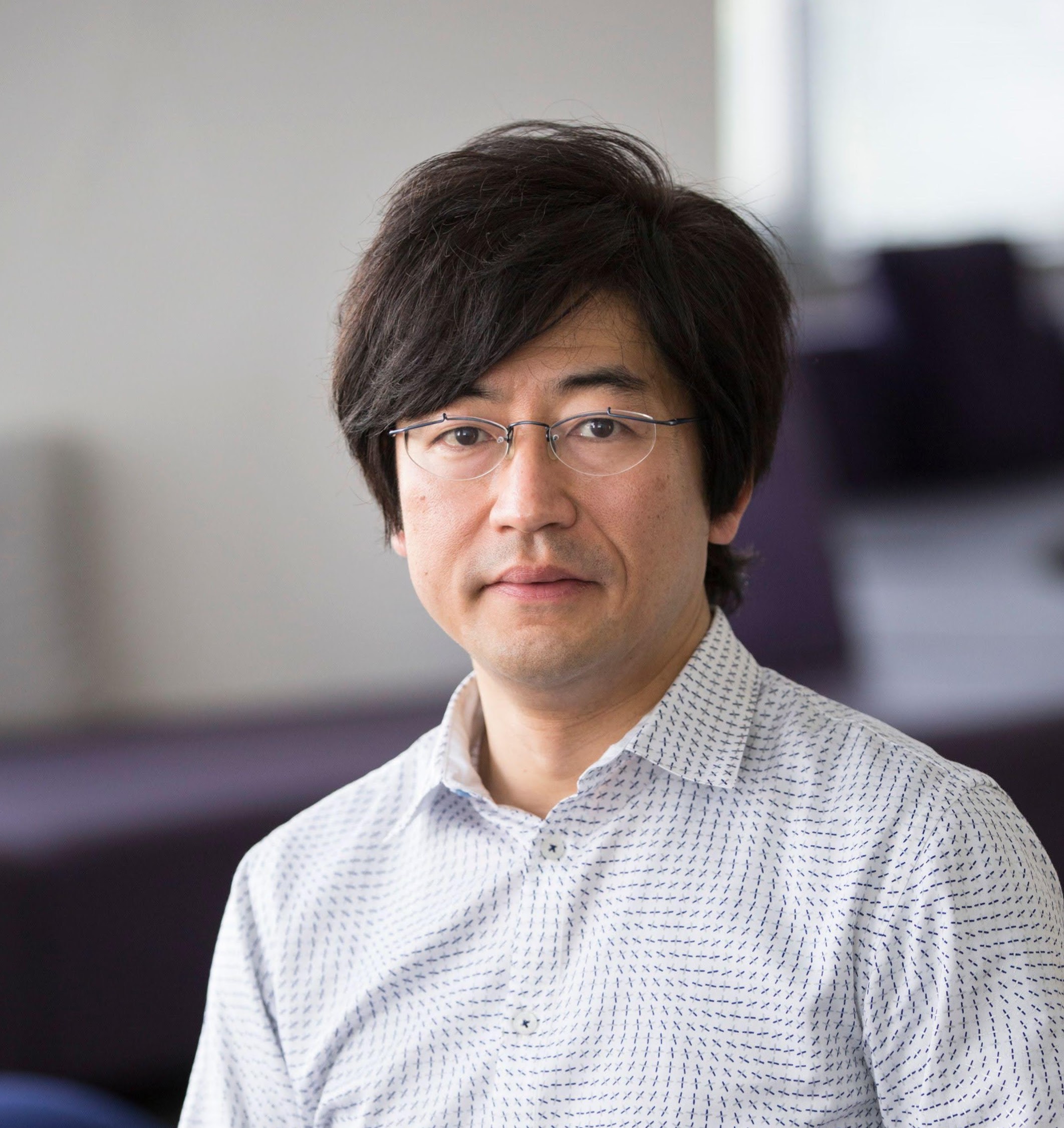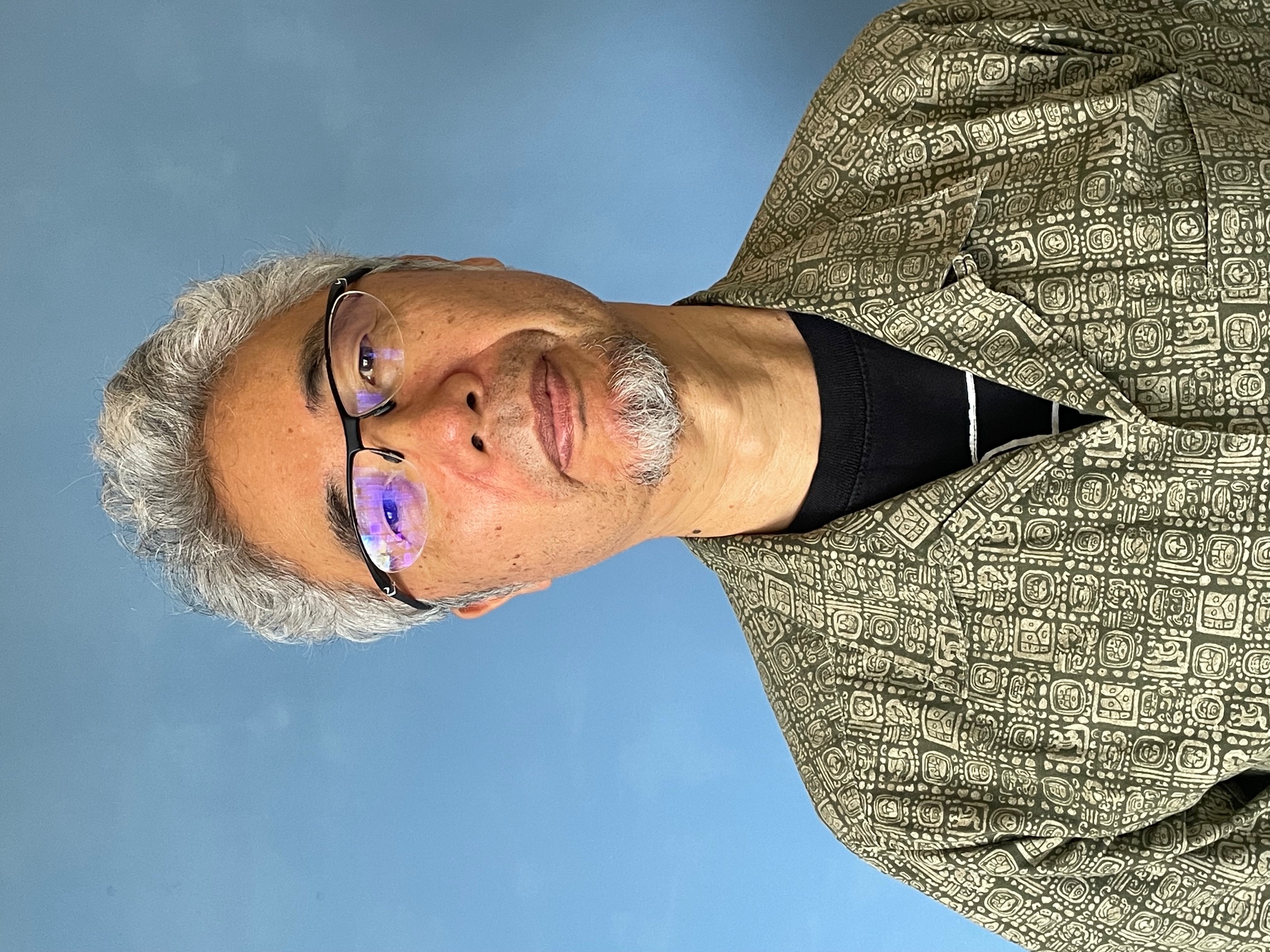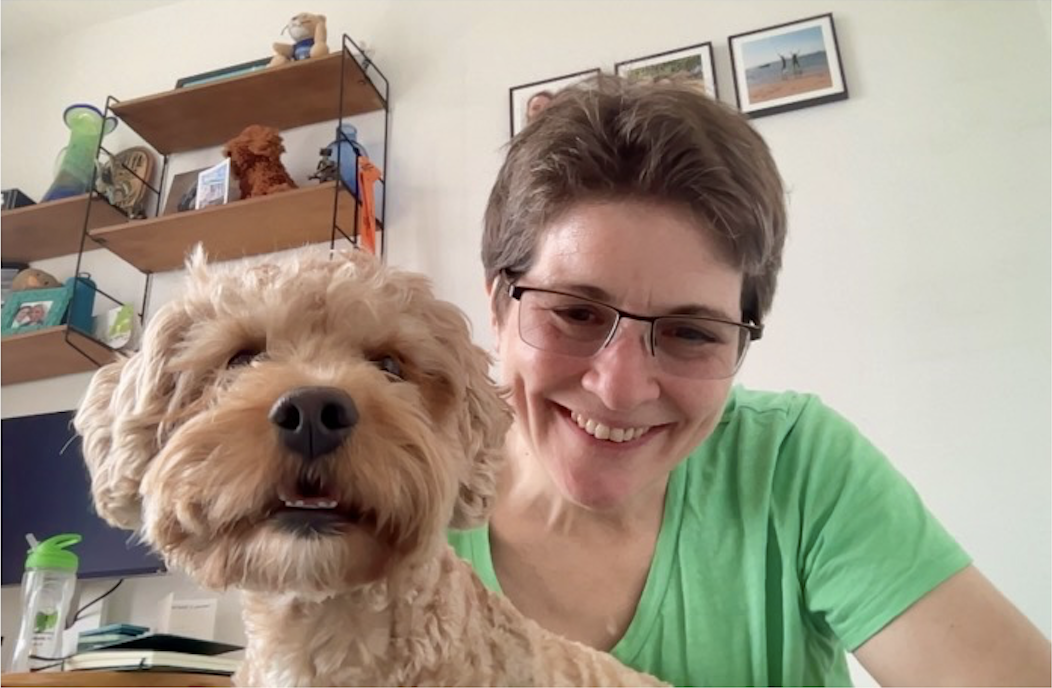Keynote
We will host four keynote speakers from Japan and abroad. Spanning human augmentation, neuroscience, and robotics, their talks will explore how to further advance the field of human augmentation. Details of the keynote speaker will be released in due course.

Human-AI Integration
Prof. Jun Rekimoto
While traditional HCI (Human-Computer Interaction) is a research field that focuses on the interface between humans and machines, I advocate for Human Augmentation—humans enhanced by technology. The scope of augmentation extends beyond intellectual enhancement to encompass sensory, cognitive, physical, and existential dimensions. This augmentation extends beyond individual humans to develop into a future society called IoA (Internet of Abilities), where people and technology merge on networks and their capabilities are complementarity enhanced, leading to a world of Human-AI Integration where AI becomes integrated with human abilities. I will introduce examples such as silent speech, which enables communication without vocalization, and skill transmission systems where human vision merges with real-world agents, and discuss the future relationship between humans and technology.

Human-in-the-Loop Learning under the Free Energy Principle: A Developmental Robotics Perspective
Prof. Jun Tani
This talk presents a theoretical and experimental framework for human-in-the-loop (HITL) systems formulated under the Free Energy Principle (FEP). I begin by introducing the basic concept of the FEP and its relevance to perception-action cycles in adaptive systems. Building on this foundation, I describe the development of a variational recurrent neural network (VRNN) model that operationalizes the FEP for modeling and controlling humanoid robots.
The second part of the talk reports results from a series of HITL experiments in which humanoid robots, governed by the VRNN, engage in imitative interactions and human-assisted developmental training. These experiments reveal how mutual actional intentions between the human and the robot dynamically modulate their behavior, particularly through bidirectional force feedback during physical interaction.
Finally, I will discuss phenomenological implications of these findings, focusing on the sense of agency and primary intersubjectivity that emerge from these embodied, interactive dynamics. The results suggest that modeling HITL processes under the FEP provides a unifying account linking predictive coding, active inference, and human-robot co-development.

Augmenting and dissolving the conscious self with technodelics.
Prof. Olaf Blanke
Blanke's research focuses on the neuroscience of consciousness and embodiment, hallucinations and human augmentation as well as neurodegenerative diseases such as Parkinson's disease. Blanke pioneered robotics and virtual reality technology in neuroscience of consciousness, cognitive science, and recently meditation practice. Blanke has made several seminal contributions towards a neuroscientific theory of self-consciousness and showed how self-consciousness depends on cortical processing of specific multisensory bodily signals. This research established a data-driven model of self- consciousness and introduced the concept of bodily self-consciousness - a perceptual account of self-consciousness - that is based the processing of multisensory bodily signals (exteroceptive and interoceptive signals). These findings also led to a better understanding of out-of-body experiences and other related dissociative experiences and dissociative disorders. His medical-translational activities are dedicated to preventive, diagnostic and therapeutic procedures and devices in Parkinson's disease, dementia and chronic pain conditions, alleviating pain, sustaining mental health and preventing cognitive decline. Blanke is member of the board and chief scientific advisor of the digital neurotherapeutics company Mindmaze.

From Global South to Global Futures: Human Augmentation for Real Social Challenges
Prof. Catherine Holloway
Professor Catherine Holloway is Professor of Interaction Design & Innovation at UCL and the Academic Director and co-founder of the Global Disability Innovation Hub (GDI Hub). Her work sits at the intersection of Disability Innovation, Human-Computer Interaction, and global policy, with a commitment to designing technologies that expand human capability and equitable futures, particularly for communities across the Global South. Under her leadership, GDI Hub became the first WHO Collaborating Centre on Assistive Technology and has delivered a £50m+ portfolio across 41 countries, reaching more than 64 million people worldwide.
With more than two decades of experience in assistive technology and accessibility, Catherine's current research focuses on two emerging frontiers: inclusive language and human-centered AI, combining technical innovation with locally driven design practices; and technology and trauma, including a new collaboration between Anna Freud, UCLIC, and GDI Hub to develop technologies that support therapeutic work and healing.
Catherine has published over 190 papers and co-authored Disability Interactions: Creating Inclusive Innovations. She has served on the EPSRC Strategic Advisory Team for Healthcare Technologies and is Programme Committee Chair for AI and Assistive Technologies at the UNESCO Centre for Artificial Intelligence (AI). Her work continues to shape global policy, academic research, and grassroots innovation ecosystems, advancing the idea that augmentation must be designed not just for individuals, but for more just, connected, and inclusive societies.



